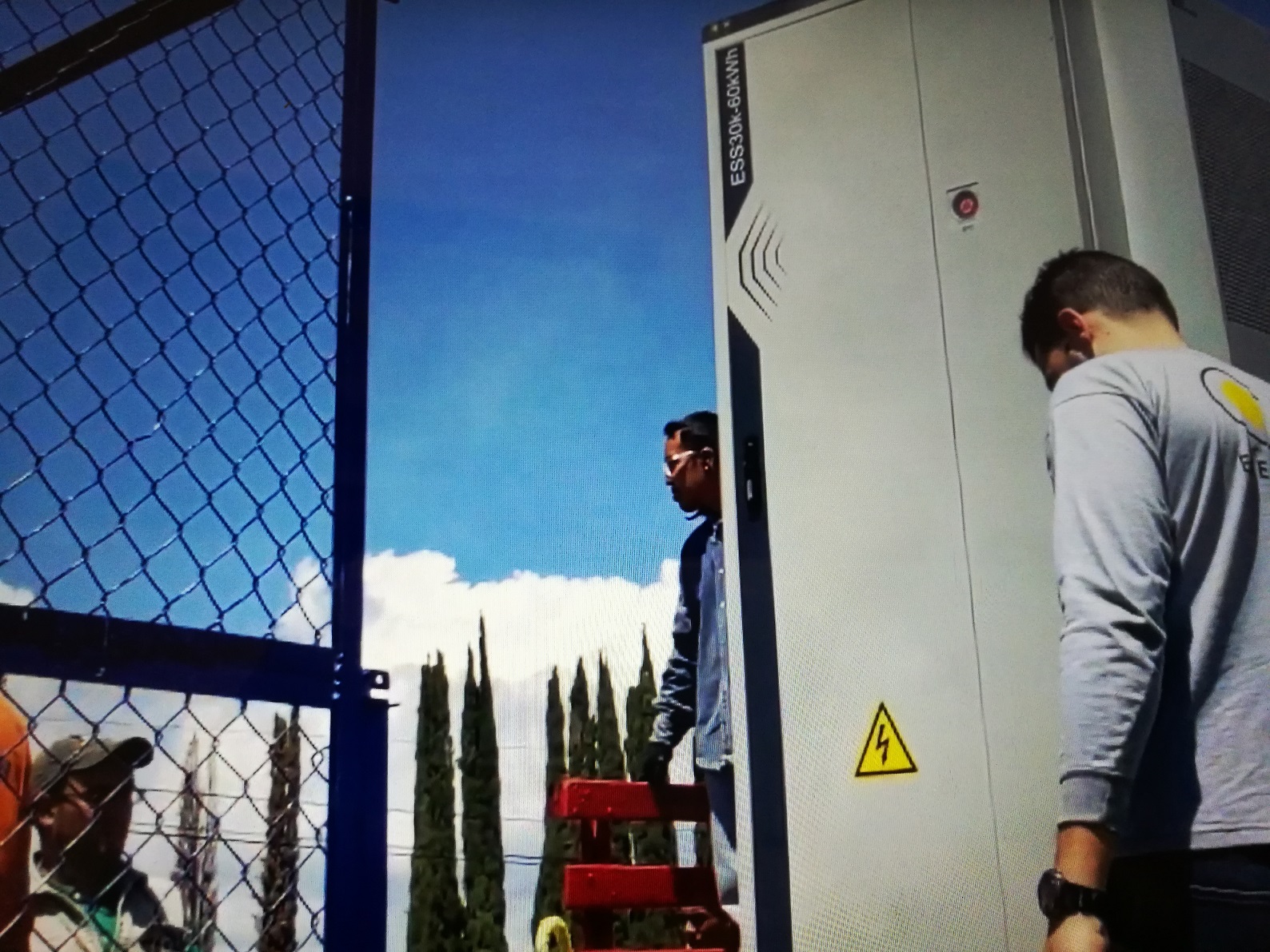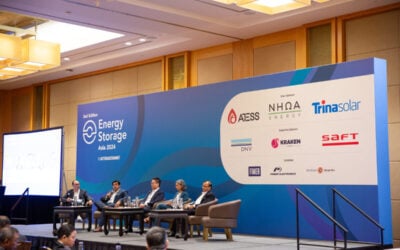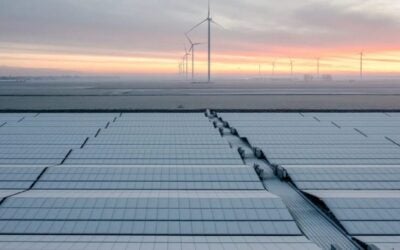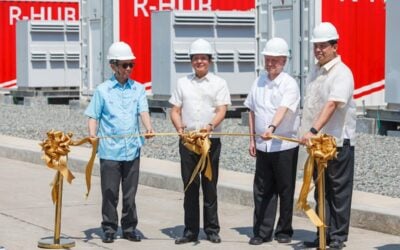
Mexico’s economy, international competitiveness and quality of power on the electric grid – as well as its environment – could be given a serious boost if battery energy storage systems were given a greater chance to contribute, a developer of projects in the Central American country has said.
A blackout took place in late December affecting millions of people and businesses who lost their electricity for up to two hours and there is “no rational argument” to say that battery storage could not have played its part in mitigating its impacts, David Fernandes, country manager for ON Energy Storage told Energy-Storage.news.
The exact cause of the blackout four weeks ago in the northeast of Mexico is still unclear and according to reports has been a topic of dispute already. Several key substations had to be shut down and load had to be taken off the grid in order to allow it to get up and running again.
Nearly 9GW of power went offline, causing as much as a third of the country to lose electricity. Some reports said it began with a large fire in Tamaulipas and predictably, state-owned electric utility CFE initially laid the blame for the blackout that followed on a large amount of variable renewable energy generation on the grid somehow causing reliability issues that exacerbated problems.
Try Premium for just $1
- Full premium access for the first month at only $1
- Converts to an annual rate after 30 days unless cancelled
- Cancel anytime during the trial period
Premium Benefits
- Expert industry analysis and interviews
- Digital access to PV Tech Power journal
- Exclusive event discounts
Or get the full Premium subscription right away
Or continue reading this article for free
ON Energy Storage’s David Fernandes said however that with only around 4% wind and solar in the energy mix in Mexico, it is highly unlikely that this was the case. What is also highly likely, he said, is that if battery storage were able to provide fast-reacting grid-balancing and support services in Mexico the way it does in many other countries, the grid would be able to come back online faster and the disruption might have been minimised, or not happened at all.
“Mexico is not at a point where there’s enough intermittent generation that they should be having trouble integrating it into the system. There are many countries where the percentage of solar generation or wind generation is much higher, and they seem to have higher resiliency for further interconnected systems than we do here.”
“I don’t know exactly what happened with the blackout. But no one can make a coherent argument that says, ‘if you had more battery storage, the blackout would have been worse’. There’s no way that’s a rational argument,” Fernandes said.
‘Falling further behind’
Chronic underinvestment in transmission and distribution infrastructure and a lack of political will and regulatory movement to wean Mexico off a dependency on fossil fuels mean the country could be staring in the face of ecological disaster, while failing to build up expertise and experience in industries that the rest of the world will come to increasingly rely on, including renewable energy and batteries, Fernandes said in an interview.
David Fernandes said that his company, which is active in the industry in several countries on the American continent including the US, Mexico, Costa Rica, Peru and Chile, is doing pretty well installing behind-the-meter (BTM) battery energy storage systems for commercial and industrial (C&I) customers in Mexico. These customers want to be able to manage their electricity costs and power quality and ON Energy Storage is able to offer them no-money-down solutions, given recent decreases in the capital cost of equipment, especially battery modules.
“It’s easier to do projects behind-the-meter than it is to do projects in front-of-the-meter (FTM). A battery storage system doesn’t have to apply for an interconnection agreement, it doesn’t have to apply for a generation permit because it’s not defined anywhere in the regulatory documents as either of those.
“You can do capacity, peak shaving, basically, you can do some energy arbitrage. You can do backup power, as long as you’re never injecting into the grid or passing any technical limit that the load point might have on its connection agreement.”
However, from a bigger picture perspective, Fernandes argued that battery storage should be allowed – at both distributed, behind-the-meter scale as well as larger front-of-the-meter (FTM) utility-scale – to provide services with greater value to the entire grid network, such as frequency regulation.
“I think batteries are going to be a fundamental part of every large interconnected [electricity] system going forward and every month or every year that Mexico isn’t proactive and trying to figure out where they fit in this market, the country’s falling further and further behind,” Fernandes said.
“At a very basic level, you’re just not going to have local solutions in terms of technology, or components and you’re also not going to have as much local know-how, as other countries will have, that are promoting these solutions, even if they’re not manufacturing the equipment itself.
“So that’s kind of the first part. But the more important thing is that the country is not going to attract any industry, if you can’t guarantee power quality. We deal with a lot of steel manufacturers, plastics. Industries where one of their biggest fears is a loss of tension that will cause them to lose millions of dollars of product or productivity.”
The environmental cost of Mexicos’ inexpensive electricity is too high for its citizens and future descendants to be able to bear too, David Fernandes said. The country burns through a lot of diesel and domestically produced fuel oil high in sulphates that cannot be sold internationally due to its contamination levels.
“When you integrate those externalities into any kind of model, you realise that renewables have to be adapted as quickly as possible and the only way to do that with the technology that we have today is with battery storage. In the future, it might be possible with hydrogen, it might be possible with other types of mechanical storage or what have you.”
“But the reality is that today, the fastest way to get to a place where we’re significantly reducing CO2 and other emissions in Mexico is with solar and batteries and wind. And that’s the reality of it. Anyone who doesn’t start from that premise, their argument is fundamentally flawed. Because any other solution that you can offer me right now ends with an ecological disaster for a country that really has a crazy blessing of natural beauty and resources, and it’s just being thrown away.”





